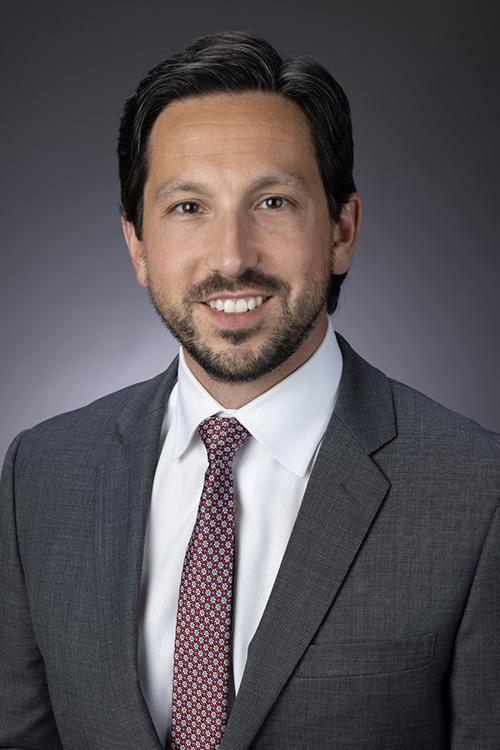As a heart surgeon, I focus on getting the best results for patients. A great result includes great pain control for a quick recovery. If you have been told you need heart surgery, you might be concerned about the potential for pain. I want to reassure you that while pain is a natural part of the recovery process, we have new options to manage pain, ensure comfort and speed up healing after a heart procedure.
What causes pain after thoracic surgery?
Post-surgery pain has several causes, including the surgical incision, manipulation of the ribs, and the placement of chest tubes. Pain management is a top priority for your surgical team after heart surgery. We understand the causes of postoperative pain, and we have tools to help you through it.
Acute pain
Immediately following chest surgery, patients often experience short-term, acute pain. This pain is typically most severe in the first few days after surgery, but it is monitored and managed closely by your healthcare team. Effective pain management during this period is crucial to prevent complications and promote early recovery. Rest assured that you will receive the necessary support to make this phase as comfortable as possible.
Chronic pain
While acute pain generally lessens over time, some thoracic surgery patients may develop chronic pain, known as post-thoracotomy pain syndrome. This condition can persist for months or even years after surgery and may be caused by nerve damage during the procedure. However, ongoing management and support are available to help you navigate this challenge and improve your quality of life.
How is pain managed after heart surgery?
Managing pain after heart surgery after heart surgery begins during the procedure and continues as you recover. By combining various methods, we can help ease discomfort, support healing, and help you feel more like yourself again.
- Medications: Pain relief often starts with medications. After a heart procedure, I prefer to use over-the-counter medications and numbing creams rather than opioid medications to reduce side effects. Non-opioid pain relievers include acetaminophen and NSAIDs. Our team will tailor the medication plan to your specific needs.
- Cryoablation: This is another pain control technology that we use every day. Cryoablation safely and quickly freezes the nerves that sense pain. It blocks the body’s pain signals for weeks or even months. It’s cool — literally!
- Anesthesia: Every day, I work closely with medical specialists called anesthesiologists who are 100% dedicated to pain control. They meet with every patient before every procedure and discuss the pain management plan. For heart surgery, this involves “general anesthesia” (being put completely to sleep in order to feel no pain). Anesthesiologists may also perform targeted nerve blocks or epidural anesthesia to ensure comfort during and after a procedure.
- Minimally invasive surgery: Whenever possible, we prefer to use minimally invasive techniques. For example, I perform “keyhole” procedures through tiny incisions using a surgical robot. This results in less pain, faster recovery and better results. Northeast Georgia Medical Center (NGMC) Gainesville is one of only a couple hospitals in the state that offer robotic heart surgery.
How long is recovery after heart surgery?
Patients are typically able to walk around and eat a standard meal less than 24 hours after a heart procedure. Most patients stay in the hospital for less than a week total. Our anesthesia and ICU teams practice Enhanced Recovery After Surgery (ERAS) protocols which speed up recovery and healing. ERAS protocols are designed to lessen pain and improve outcomes. These protocols are tailored to ensure you have the best possible recovery experience. Almost all patients are completely healed and back to their normal routines after just a few weeks.
Connect with Our Program
Every patient’s experience with heart surgery pain is unique. How severe the pain will be, and how long it lasts, depend on factors such as the type of surgery, individual pain tolerance and overall health. It’s important for patients to communicate openly with their healthcare team about their pain levels and any concerns they may have.
The team at Northeast Georgia Physicians Group Cardiovascular & Thoracic Surgery is here to support you every step of the way. We are committed to providing you with a treatment plan tailored to your unique needs with the aid of the latest technologies. To get started on your journey, call us at 770-219-7099, or click the button below to learn more about our expert surgeons.



